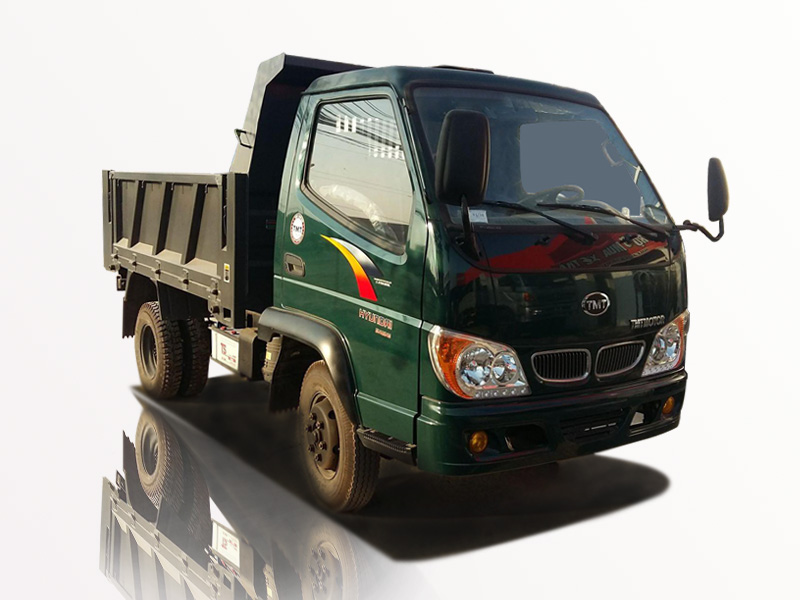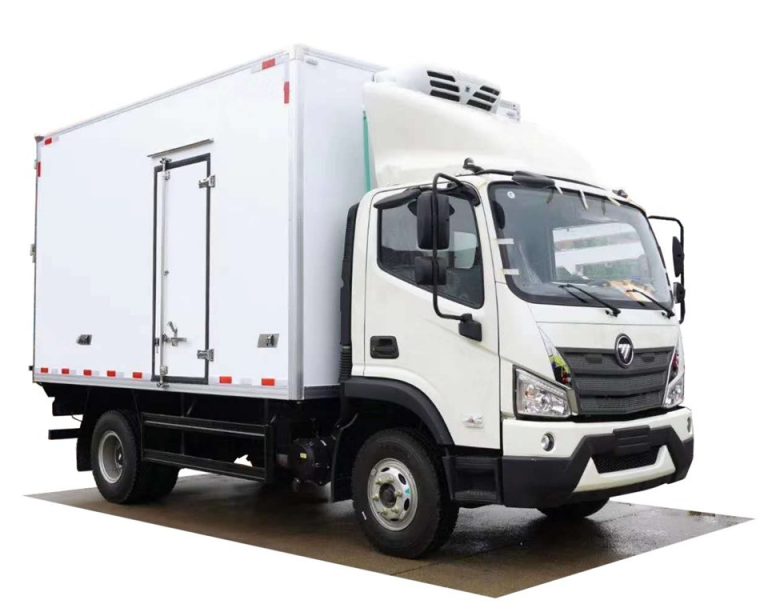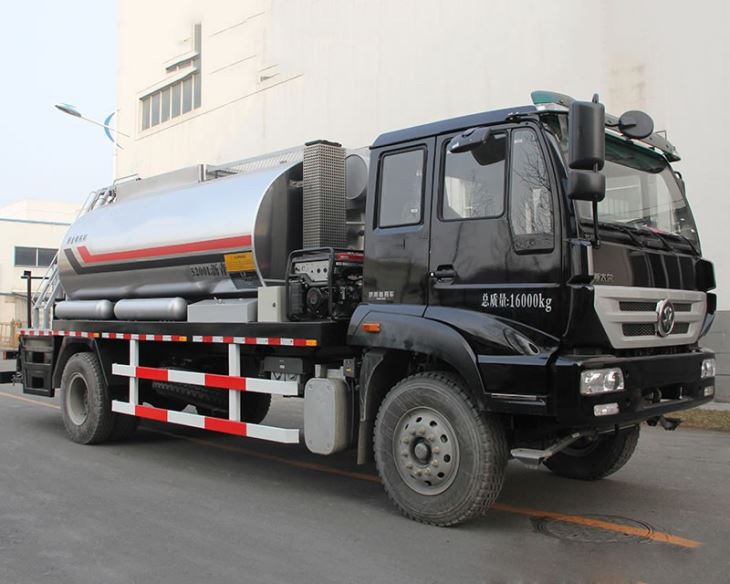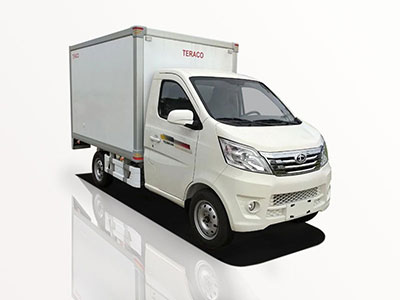In the world of transportation, tanker trailers play a crucial role in the movement of liquids, gases, and bulk materials. Understanding the different types of tanker trailers can help businesses choose the right equipment for their specific needs. This comprehensive guide explores the various types of tanker trailers available, their uses, and practical tips for selecting the right one.
What is a Tanker Trailer?
A tanker trailer is a specialized vehicle designed to haul liquids, gases, and sometimes solids. These trailers are typically characterized by their cylindrical shape and are designed to safely transport a variety of cargo types, from drinking water to hazardous chemicals. Tanker trailers can be towed by trucks and are essential for industries such as food and beverage, oil and gas, and agriculture.
Key Features of Tanker Trailers
1. Material Composition
Tanker trailers are constructed from various materials, including:
- Aluminum: Lightweight and resistant to corrosion, aluminum is commonly used for transporting food-grade liquids.
- Carbon Steel: Heavier and more durable, often used for transporting fuels and chemicals.
- Stainless Steel: Preferred for its resistance to corrosion and contamination, making it ideal for food and pharmaceutical products.
2. Capacity
Tank capacity can vary significantly, ranging from a few hundred gallons to over 11,000 gallons. Selecting the right capacity depends on the type of cargo, delivery frequency, and vehicle specifications.
3. Axle Configuration
The axle configuration impacts load distribution and stability. Common configurations include:
- Single Axle: Suitable for lighter loads and smaller tanks.
- Tandem Axle: Offers better stability and is commonly used for heavier loads.
- Tri-Axle: Ideal for maximum payload capacity and stability, often used for transporting liquids.
Types of Tanker Trailers
1. Food-Grade Tankers
Food-grade tankers are used for transporting edible liquids, such as milk, juices, and cooking oils. They usually have strict sanitary requirements to prevent contamination.
Examples:
- Milk Tankers: Designed with insulated tanks to maintain temperature.
- Juice Tankers: Often lined with food-safe materials to prevent leaching.
2. Chemical Tankers
These tankers transport a wide range of chemicals, including acids, hazardous materials, and fertilizers. They come equipped with special safety features to prevent leaks and spills.
Key Features:
- Anti-static grounding systems
- Corrosive-resistant coatings
3. Fuel Tankers
Fuel tankers are specially designed to carry petroleum products such as gasoline, diesel, and other fuels. They often have multiple compartments to transport different fuel types safely.
Practical Tips:
- Regularly inspect for leaks or corrosion.
- Ensure drivers are trained in handling hazardous materials.
4. Water Tankers
Water tankers are utilized for transporting potable and non-potable water for various applications, including agricultural use and construction projects.
Common Uses:
- Municipal water supply
- Firefighting support
5. Bulk Liquid Tankers
Designed for transporting non-hazardous bulk liquids, these tankers are often used in various industries, including agriculture and manufacturing.
Examples:
- Molasses Tankers
- Liquid Fertilizer Tankers
6. LPG and LNG Tankers
Tankers specifically designed for liquefied petroleum gas (LPG) and liquefied natural gas (LNG) transport are equipped with refrigeration systems to keep these gases in a liquid state.
Safety Considerations:
- Regular safety checks for pressure and temperature.
- Employing skilled handlers for loading and unloading.
Choosing the Right Tanker Trailer
1. Understand Your Cargo
The primary factor in selecting the right tanker trailer is to understand what type of cargo you will be transporting. Each type of cargo requires specific handling and safety measures.
2. Consider Regulatory Compliance
Different cargo types are subject to various regulations, including safety standards and environmental protection laws. Ensure your tanker trailer complies with all relevant regulations.
3. Evaluate the Pickup and Delivery Locations
Consider access routes and loading/unloading facilities when choosing a tanker. Some locations may require smaller or specialized trailers to navigate effectively.
4. Assess Your Budget
Evaluate your budget, keeping in mind maintenance costs, fuel efficiency, and potential resale value. Investment in a quality tanker trailer can save money in the long run.
Maintenance and Safety Tips for Tanker Trailers
1. Regular Inspections
Conduct regular inspections to check for signs of wear, leaks, and corrosion. Document maintenance efforts to ensure compliance with industry regulations.
2. Proper Loading Techniques
Follow best practices for loading to ensure weight distribution is even. This can prevent stability issues during transport.
3. Driver Training
Invest in thorough training for drivers, particularly for those handling hazardous materials. They should be knowledgeable about emergency procedures and leak containment methods.
4. Keep Documentation Updated
Maintain up-to-date records of inspections, maintenance, and training to ensure compliance with regulations and enhance safety protocols.
FAQs about Different Types of Tanker Trailers
1. What is the difference between food-grade and chemical tankers?
Food-grade tankers are designed to transport consumables and must meet strict sanitary standards, while chemical tankers are built to handle hazardous materials and may not have the same sanitary requirements.
2. How do I know what capacity tanker trailer I need?
The required capacity depends on the volume of cargo you need to transport regularly. Assess your freight volumes and consider your vehicle’s towing capacity as well.
3. Are there specific regulations for transporting hazardous materials?
Yes, transportation of hazardous materials is strictly regulated by government agencies. Familiarize yourself with local regulations concerning labeling, training, and emergency response protocols.
4. Can I use a single-axle tanker for heavy loads?
While single-axle tankers can carry lighter loads, they are not recommended for heavy cargo as they may result in stability issues and increased wear and tear.
5. What are the common maintenance issues with tanker trailers?
Common issues include leaks, corrosion, brake wear, and tire wear. Regular inspections and maintenance are essential to prevent these problems.
6. Do tanker trailers require special insurance?
Yes, tanker trailers often require specialized insurance due to the nature of the cargo they transport, especially if carrying hazardous materials. Consult an insurance provider to ensure adequate coverage.



